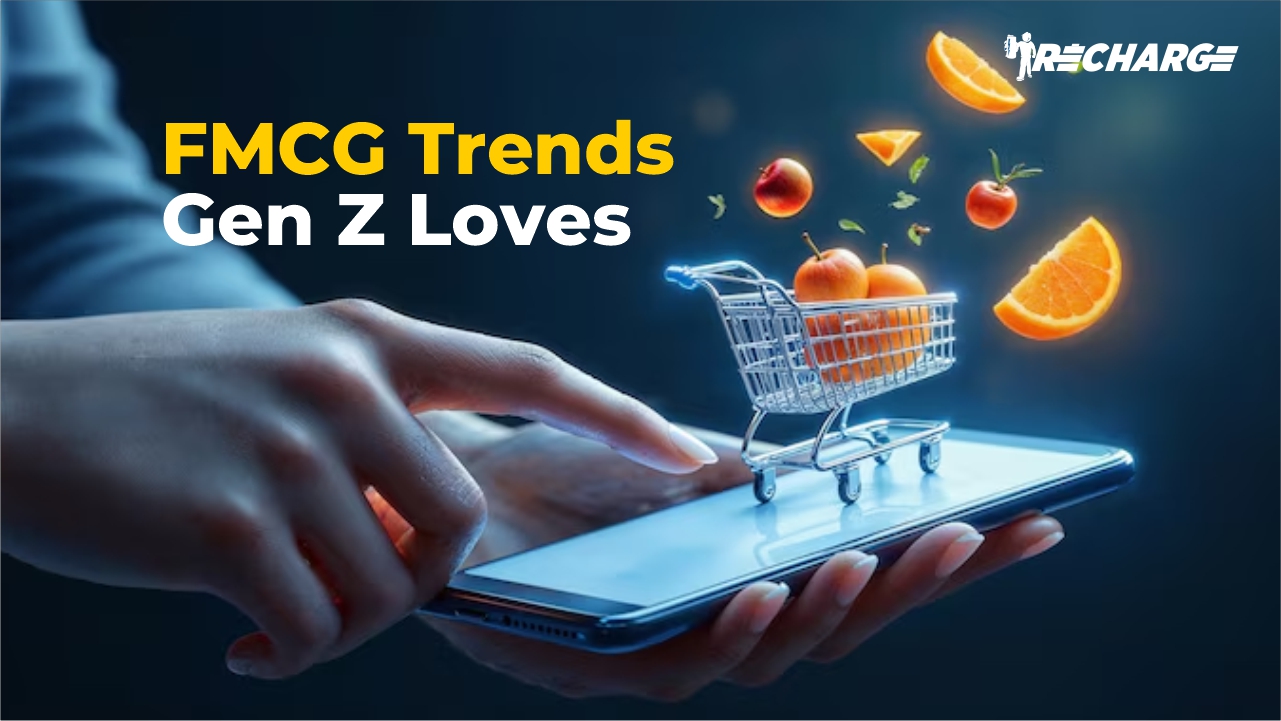Gen Z & the Future of FMCG: What Brands Must Know to Win Their Loyalty
Gen Z doesn’t just buy—they engage. They’re fast, emotionally driven, and fully digital. When shopping for everyday essentials like toothpaste, snacks, or skincare, they’re not just looking at function—they’re scanning for values, authenticity, and connection. For FMCG brands operating in the U.S., understanding Gen Z’s mindset isn’t optional—it’s a growth strategy.
Let’s break down the key Gen Z behaviors reshaping the fast-moving consumer goods industry—and how brands can adapt.
1. Values First: Purpose Beats Promotion
Gen Z buys with their conscience. They research before they purchase and expect transparency on everything—from sourcing to packaging. Eco-friendly, socially responsible, and ethically made products make the cut. If your FMCG brand wants to earn trust, show them your values in action, not just in your ads. Authenticity at the supply chain level resonates—and drives repeat business.
2. Peer Voices Matter: Social Proof Over Slogans
Forget traditional commercials. Gen Z trusts micro-influencers, peer reviews, and UGC (user-generated content). One real-skin TikTok video showing how a cleanser works can outperform a million-dollar campaign. For brands, this is where paid advertising services and influencer partnerships shine. Smart paid media agencies know how to turn authentic voices into brand equity.
3. Bite-Sized Experiences: Try Before They Buy
This generation wants to experiment before committing. Trial packs, travel sizes, and limited-edition flavors create a sense of discovery without risk. They love moments of surprise—like DIY kits or “TikTok hacks” that extend product life. Brands that offer post-purchase engagement—such as ASMR content, usage tips, or recipe reels—build emotional loyalty that lasts far beyond the sale.
4. Social-First Shopping: Swipe, Click, Deliver
Gen Z doesn’t separate browsing from buying. They shop where they scroll—Instagram, TikTok, YouTube Shorts. A shoppable link or tag can turn interest into checkout in seconds. FMCG brands must invest in frictionless ecommerce, ideally with help from an ecommerce web development company who understands social commerce flows. The goal? Delivery within 24–48 hours, max.
5. Redefining Premium: Experience Over Expense
Gen Z is willing to pay more—but only if the product feels special. They crave clean ingredients, sensorial packaging, or wellness add-ons. Think: probiotic drinks, cruelty-free body care, or quirky, aesthetically designed snack packs. “Premium” isn’t about price anymore—it’s about feeling different, being proud to share it, and getting more than just utility.
6. Sustainability is Standard, Not a Selling Point
Eco-responsibility isn’t a bonus—it’s expected. Compostable packaging, zero-waste options, and refillable solutions are table stakes. If you’re not showing tangible sustainability efforts, Gen Z will move on—quickly. FMCG brands that incorporate circular economy principles earn loyalty by default. This isn’t a marketing edge—it’s the cost of relevance.
7. Co-Creation Builds Community
Gen Z wants to help shape the products they use. From voting on new flavors to designing packaging or submitting content, they crave co-ownership. Brands that open up their product development process build not just customers, but communities. This goes beyond collaboration—it’s true co-creation, and it fuels viral sharing and unpaid brand advocacy.
Conclusion: Speak Their Language, Win Their Wallet
Gen Z is rewriting FMCG rules. They want meaning, not marketing. They want access, not ads. They want to be part of the story. For FMCG brands in the U.S., success means speed, purpose, and participation. Nail those, and you don’t just sell—you build a generation of loyal fans.




